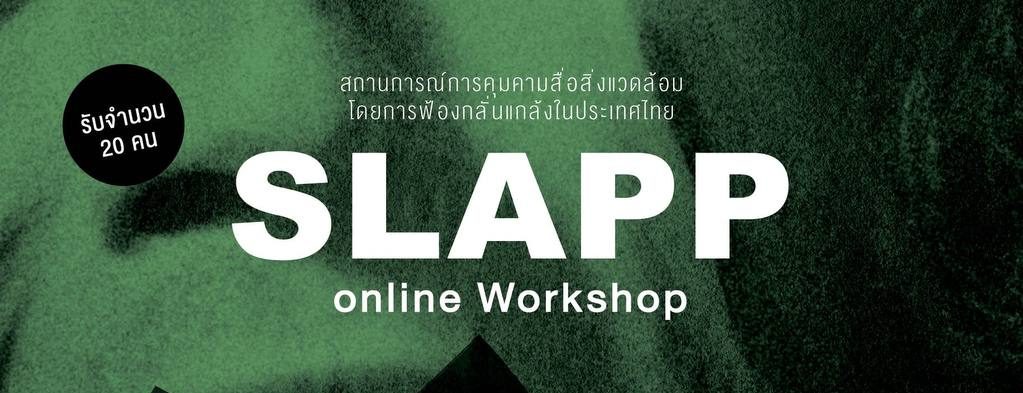Thai government and justice sector actors must take effective measures to stem the misuse of lawsuits to harass and silence journalists, so-called SLAPP suits, said media workers at a workshop convened by the ICJ on 12 March 2022.
Participants at the online dialogue on “The Harassment of Judicial Process Against Journalists in Thailand” included more than 30 journalists, and other media workers who have faced various legal and non-legal pressures aimed at discouraging them from critical reporting.
Participants addressed the proliferation of SLAPP (Strategic Lawsuits Against Public Participation) actions. Such lawsuits are frequently designed to intimidate journalists and other public sphere actors who express critical views on the behaviors of powerful actors, like State authorities or business enterprises. SLAPP lawsuits typically have a “chilling effect” on the exercise of freedom of expression, freedom of the media, the right to public participation, and other human rights and fundamental freedoms.
In Thailand, there is little public awareness of SLAPP. Journalists end up facing enormous challenges being harassed through the legal process and having their professional status endangered because of significant claims for financial compensation.
Case studies discussed during the workshop involved journalists who were charged after writing stories that deal with matters of legitimate public importance. These include:
- A criminal defamation lawsuit filed against the Thai Public Broadcasting Service (Thai PBS) and four media workers for airing a program on environmental impacts of the gold mining industry in Thailand in 2015. In its complaint, the company sought 50 million Thai Baht (US $1.4 million) in compensation for damage to its reputation and revocation of Thai PBS’s operating license for five years
- A criminal defamation lawsuit brought by a Thai mining company operating in Myanmar against a Thai journalist and the Nation News Network Co., Ltd for reporting alleged environmental damage in 2017
- A defamation lawsuit filed by a Thai mining company in Myanmar against former Green News editor in 2020 for reporting about the judgment rendered by Myanmar Court ordering the company to compensate Dawei villager as a result of the environmental damage caused by tin mining
It was stressed that efforts Thailand has taken to curtail abusive SLAPPs were inadequate. While certain laws have guarded against certain SLAPP lawsuits, they alone could not address the problem. These include articles 161/1 and 165/2 of the Criminal Procedure Code, entered into force on 20 February 2019 and 21 March 2019 respectively, and article 21 of the Public Prosecution Organ and Public Prosecutors Act B.E. 2553 (2010). Participants had no knowledge of these provisions having been applied to strike out any SLAPP cases.
Participants also discussed how to prevent, mitigate, and protect themselves from legal threats in their everyday work as a journalist – including by following good journalistic principles by being thorough, fair, and accurate in what they publish.
Recommendations discussed to improve protection against SLAPPs include: (i) raising awareness about the concept of SLAPP, its dangers, the possibility of defence among the press and the general public; (ii) creating and maintaining a mechanism to support journalists targeted by SLAPPs; and (iii) recognizing, formally and legally, that citizen journalists are a crucial part of “the press” and providing them with the same protection as the corporate media.
The Workshop was conducted in collaboration with GreenNews Agency, Thai Public Broadcasting Service (Thai PBS), Community Resource Center Foundation and CCFD-Terre Solidaire.
Speakers at the workshop included: Sanhawan Srisod and Saovanee kaewjullakarn, International Commission of Jurists; Sor.Rattanamanee Polkla, Community Research Center Foundation; Samkait Jansrima, Thai PBS’s Citizen Network Department; Tewarit Maneechay, Prachatai; Yingcheep Atchanont, iLaw Foundation; and Assist.Prof. Dr. Wilaiwan Jongwilaikasaem, Thammasat University’s Faculty of Journalism and Mass Communication.




